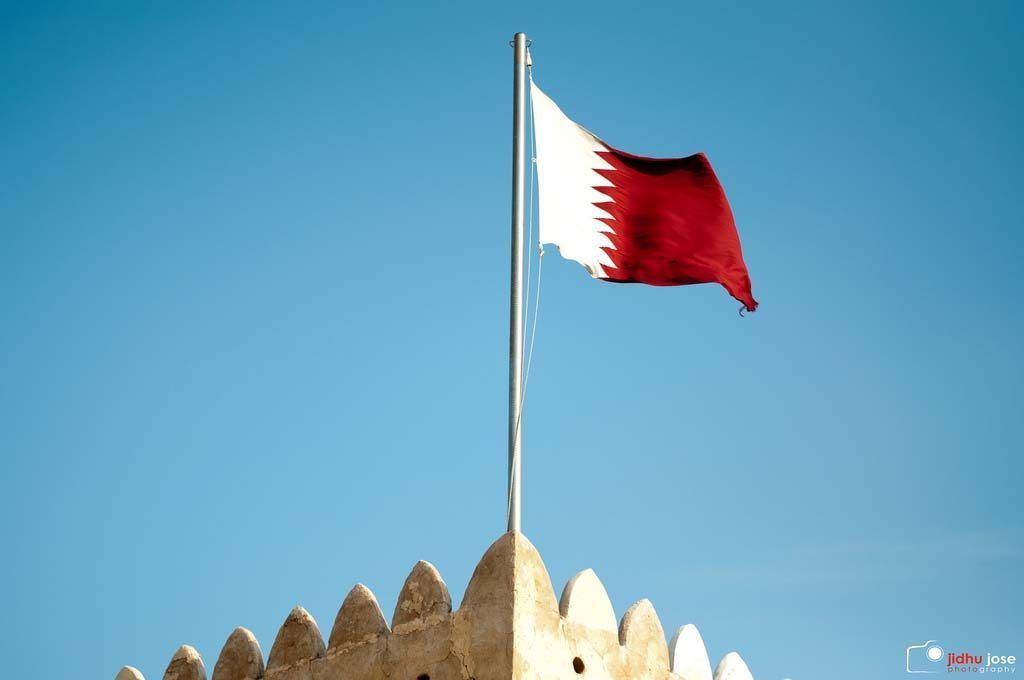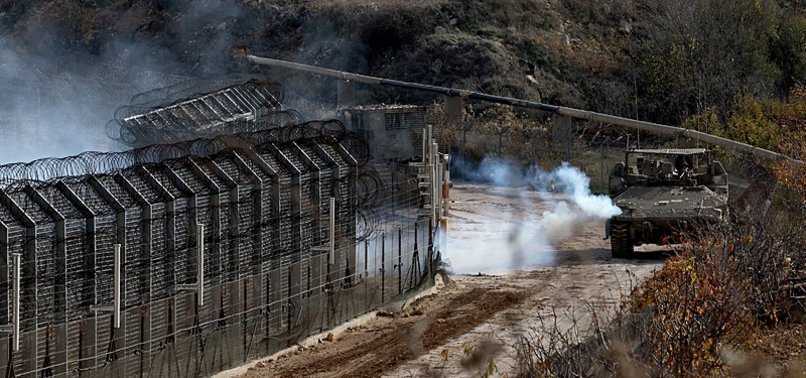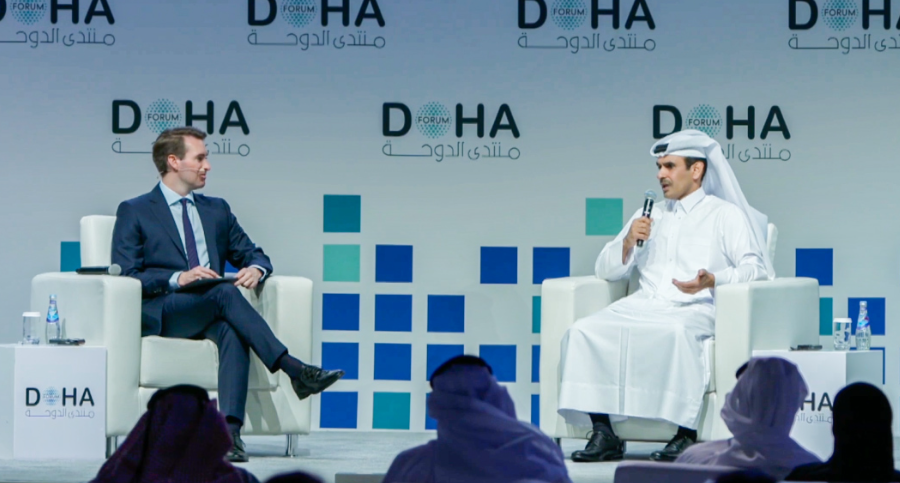Democracy is not the sole purpose of the Shura Council elections, but rather it is designed to strengthen and activate pluralism and nationwide participation writes Dr Hend Al Muftah.
Over the last 60 years, a number of elections for national parliaments and Shura Councils have taken place in some Arabian Gulf states, starting in the 1960s in Kuwait, followed by Bahrain, Oman, UAE, and most recently Qatar. Albeit with varying levels of participation and for bodies with different levels of power and influence.
On 2 October 2021, Qatar will hold for the first time Shura elections where voters are set to elect 30 members of the legislative body, with the remaining 15 members appointed by the amir shortly after.
With that in mind, what differentiates the elected council from its previously appointed predecessor is that its members can interpellate and call a vote of no-confidence in ministers to dismiss them.
Will the new elected Shura Council be kinder to migrant workers?
It is therefore important to understand how this particular move is unique and question if such a step will mark a national shift towards a western model of democracy as we know it.
Historically, the Qatari government has always governed through consultation and cooperation between the ruling family, business families and tribes – a system that could be described by some as a unique form of consensus between different state stakeholders.
For decades, Qatari society, including tribes and interest groups have dealt with such consultations and cooperation to address critical issues, particularly political and social. This method would see the amir and his officials meet with leading representatives of Qatari society to discuss a range of matters with the aim of resolving disputes.
Recently, the influential role played by members of interest groups in both traditional and social media indicate and stress how authorities have responded to public opinions on different matters. For this reason, the concept of the Shura Council is not new to Qatar, which boasts decades of experience in consultation among tribes and various sectors of society.
In 1972, this was formalised with the establishment of the Shura Council. Plans to move to an elected body were first announced by the then Amir Hamad bin Khalifa Al Thani as far back as 2004, as per the Gulf state’s constitution.
Over time, the development of the economy and media, the spread of education among Qataris, their growing awareness of conceptual political participation, as well as an enhanced sense of citizenship, have come together to pave the way for this exact election process.
However, unlike other experiences, it was a top-bottom approach led by the country’s political leadership rather than by foreign forces, or even by Qataris citizens themselves.
In this regard, there are a few interrelated key factors that drove Qatar’s government to move forward with implementing the electoral system in 2021 after years of delays:
- Popular support and unity gained by the amir from Qatari society and its people during the 2017 blockade, where Sheikh Tamim was and still is seen as a visionary leader that was able, to efficiently and effectively, lead his people away from the risks and threats that the crisis posed.
- The development of a healthy and positive relationship between the amir and Qataris who are able to speak freely and call for more active political participation, hence the elections.
- The clearly recognisable educational attainments of Qataris in recent years, which have resulted in the ability to engage in well-established political arguments on reforms, their right to have more say in legislation and oversight of ministers as well as their right to be represented through an elected council.
- The above factors have no doubt resulted in the increased conviction and desire of Amir Tamim to enhance and strengthen the active political participation of his people, as clearly stated by him during the opening of the 47th cycle of the Shura Council “to move forward towards strengthening the role of the Shura Council in the development of the legislative process and the expansion of national participation”.
When discussing this new experience in Qatar, we should stress that this is more of a ‘Shura’, consultative concept and practice that emphasises participation in making decisions and policies based on trust and accountability, rather than the western model of democracy which is based on a political concept and practices that, in contrast, include parties, organisations and groups. This is Qatar’s model for the social contract between the state and the people.
While there are universal principles of freedom and pluralism that all countries should strive towards, when it comes to systems of governance there is no “one size fits all”.
Traditionally, Shura as practiced in Qatar and elsewhere in the region is more about using the principles of religion and culture that can easily be put to use on an individual, group and/ or state level.
On the other hand, the western style of democracy is more based on a philosophic doctrine and a governing system that has undergone radical political, economic, social and ethical transformation and development over decades, and hence often neglects local customs and traditions not to mention its focus on competition for power rather than the service of citizens.
Indeed, democracy is not just about legislation and the right to vote, it’s more about accumulated culture and behaviour, freedom of speech and equal human rights specially for minorities. It’s more about transparency and accountability, which could explain why some democratic countries are doing better or worse than others.
However, since the common principle between Shura and democracy is national participation aimed at building justice and a modern civil society, we must question if the election experience in Qatar may eventually lead to the western model of democracy.
Unlike other GCC parliaments, mainly Kuwait which is considered a model of democratic transformation in the region despite tensions between the parliament and the government since 1962, Qatar may present a whole new Shura experience.
This is despite criticism of the current nationalisation law that deprives some individuals from voting and running for elections. In this regard, it can be argued that the Qatari election process is expected to present a special case, which in turn might be referred, in addition to the aforementioned, to the following factors:
- The solidarity of Qatari society and the stability of Qatar locally, politically, economically, and socially, regardless of the tensions raised due to the nationalisation law, which was raised only by one tribe, and which will be the most challenging legislation for the coming elected council that needs urgent attention. On the other hand, Qatari authorities have made great efforts in diversifying the country’s economy away from natural resources, creating a very healthy and strong economic system.
- Taking into account the acknowledged role and influence played by Qatar regionally and internationally in conflict management, mediation and humanitarian efforts, Qatar needs to maintain such a reputation. Over the last few weeks, it has been noticed that succeeding in its first-time legislative vote is but a macro-objective both for the government and society, including tribes. So far, the campaigning process has proven to be strong even among candidates from the same family in the same districts.
- Since there are no political parties in Qatar, Shura as a doctrine demands the participation of society in running the affairs of its government. This means it cannot be manipulated by political factions or any elites to secure their economic, social and political interests at the expense of other segments of society, as has been the case in other democratic nations. Therefore, Qatar’s Shura, even if given more power, will continue to work with the government, not against it, for the public interest and values of the society.
In short, democracy is not the sole purpose of the Shura Council elections, but rather it is designed to strengthen and activate pluralism and nationwide participation, not only to develop and assess legislation but more importantly to enhance accountability culture and practices in building a modern Qatar.
Qatar does not need to move towards a western style democracy”, in fact Doha has always prided itself in paving its own path, providing unique solutions and models that serve its purpose.
While there are universal principles of freedom and pluralism that all countries should strive towards, when it comes to systems of governance there is no “one size fits all”.
OPINION: Shura Council elections would provide Qatari citizens with a stake and voice in government affairs
These elections should be seen for what they are, another step by Qatar in the path of reform and modernisation that puts the rights and needs of its people centre stage.
There’s no doubt that there will be teething issues and that the path is far from complete, but this is another major step forward.
Dr Hend Al Muftah is a former Shura Council member.
Follow Doha News on Twitter, Instagram, Facebook and Youtube







